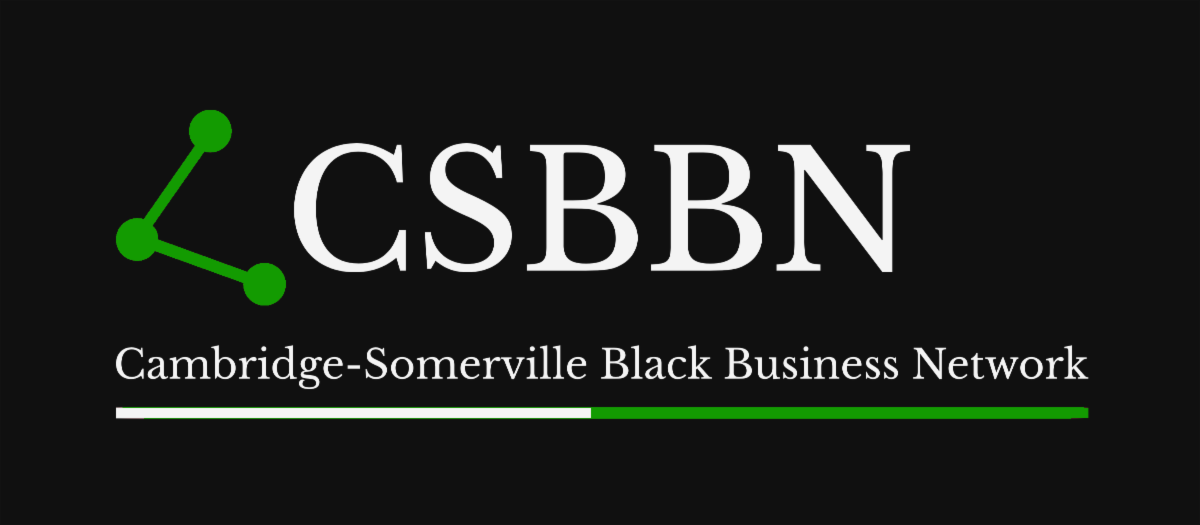
Where you bank makes a difference.
This May, we invite you to explore how banking locally can support a strong and resilient local economy.
Thinking locally is about more than spending your dollars locally. It’s about investing in your community as a whole, and that starts with where your dollars are deposited.
Community banks – which include local banks and credit unions – are those with fewer than $5 (or $10) billion in total assets. As banks embedded in their local communities, they rely on strong relationships with their customers and have an in-depth understanding of the needs of local businesses, community members, and local markets.
Why bank local?
- In 2018, community-based financial institutions made 52 percent of all small business loans nationwide, even though they controlled only 16 percent of total banking assets (ISLR).
- During the pandemic, local banks distributed PPP funds to small businesses more quickly and more equitably. Local banks are associated with more PPP loans awarded across the U.S. In the ten states with the highest community banks per capita, nearly 3x as many PPP loans were made to small businesses.
According to the Institute for Local Self Reliance, “Community banks outperform big banks by operating more efficiently and better meeting the financial needs of the real economy. In particular, they provide a disproportionately large share of loans for new and growing businesses, in part because they’re better at accurately assessing risk.” These banks are tuned in to “a rich trove of ‘soft’ information to draw from in assessing the likelihood that an entrepreneur will succeed in a particular market.”
Read more about the Institute’s research on community banks here.
Find a local bank
Local banks in Cambridge and Somerville:
Learn More
Read about how community-based financial institutions support their communities in the Cambridge Day.
The Institute for Local Self-Reliance studies the benefits of banking locally, their work can be found here.
Learn how public banking supports local banking and local businesses from the Massachusetts Public Bank Association.
Thank you to our partners!


